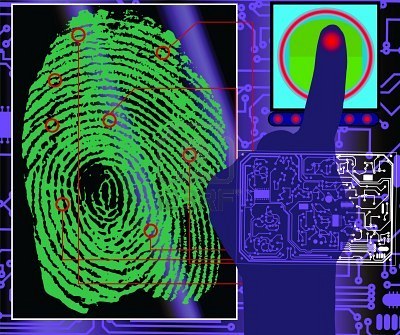The fingerprint method of tracking down and keeping track of criminal offenders was a technique first tried by London’s Scotland Yard in the late 19th century. Over a century later, another breakthrough in fingerprint analysis can also be attributed to individuals in the United Kingdom. Researchers at the British-based Intelligent Fingerprinting firm have devised a way for fingerprints to reveal a person’s recent use of drugs.
Data revealed through oil secreted from the tips of our fingers, in combination with the identity-affirming attributes of fingerprints themselves, subsequently creates a result that is difficult to skewer and impossible to fake. Such a system of illicit drug testing could mean that once people are tested, those results could be permanently stored in remote locations such as Data Centers in Phoenix, Taiwan, or Zurich. It’s a technological leap that’s sure to create a whole new set of privacy debates within the already complex debate on illicit drug use and its role within society.
But on a less Orwellian end of this new technology’s spectrum of potential lies the possibility that such fingerprint scanners could be used to detect medical maladies. The secretions being analyzed that can help detect the presence of drugs in the system can also be used to monitor other aspects of a person’s health and well being. You see, the system works by applying antibodies to the metabolites within these secretions. This means that in addition to detecting alcohol, cannabis, and other drugs, such a device could also be used to detect diabetes and other health detriments.
The true value of such technology may ultimately lie in the ability to use fingerprints for much more than cross-referencing suspects in crimes. A potential off-breed of the system created today, which requires a person to press their finger onto a pad, would be something that could scan fingerprints left at a crime scene. The secretions left over, if still in a state capable of being analyzed, could determine the individual’s approximate age and their sex. In addition to the ability to check for health problems and other aspects of health, a more definitive profile of a suspect can be established via fingerprints left behind at a crime scene.
But as far as contemporary government officials, law enforcement agencies, and employers are concerned, such a device is ideal for one thing: detecting the use of illegal substances. As far as using it for improving human health is concerned, that won’t happen until researchers gain the desire to take this technology toward that direction. In the meantime, start getting used to a whole new aspect of the hiring process; fingerprints determining whether or not you’re right for the job.
Gattaca, anybody?


